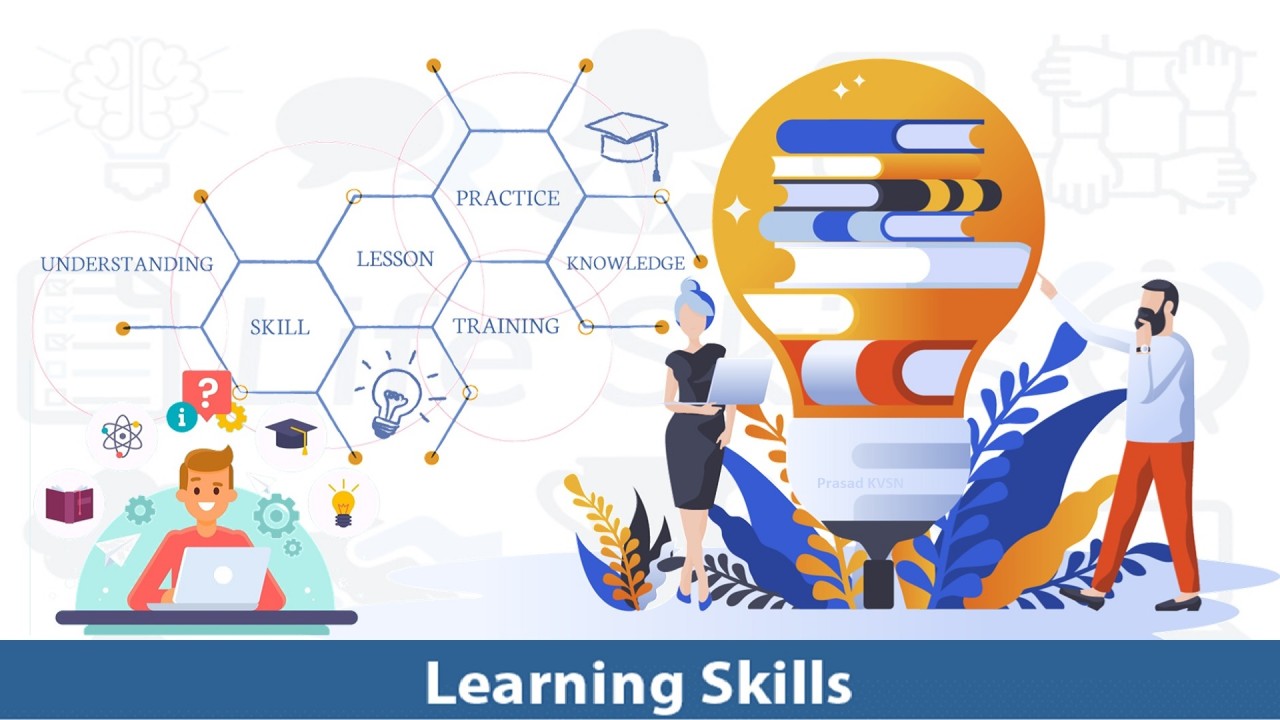
Higher education plays a pivotal role in shaping individuals and societies. It provides students with the knowledge, skills, and critical thinking abilities necessary to succeed in a complex and rapidly changing world.
The Importance of Higher Education
- Personal Growth: Higher education fosters intellectual development, critical thinking, and problem-solving skills. It helps individuals to become well-rounded individuals with a broader understanding of the world.
- Career Opportunities: A college degree can open doors to a wider range of career opportunities and increase earning potential. Higher education equips individuals with the specialized knowledge and skills required for many professions.
- Economic Development: Higher education is essential for driving economic growth and innovation. It produces skilled graduates who can contribute to research, development, and entrepreneurship.
- Social Progress: Higher education promotes social mobility, cultural understanding, and civic engagement. It empowers individuals to become active and informed citizens.
Challenges and Opportunities
Despite its many benefits, higher education faces significant challenges, including:
- Rising Costs: The cost of higher education has been increasing steadily, making it difficult for many students to afford.
- Student Debt: Many students graduate with substantial student loan debt, which can limit their financial options and quality of life.
- Access Inequality: Access to higher education is often unequal, with disparities based on socioeconomic status, race, ethnicity, and gender.
- Relevance: Some critics argue that higher education curricula are outdated and do not adequately prepare students for the demands of the 21st century job market.
To address these challenges, higher education institutions must:
- Increase Affordability: Implement measures to reduce the cost of higher education, such as increasing government funding, offering more scholarships and financial aid, and exploring alternative funding models.
- Improve Accessibility: Work to eliminate barriers to higher education, such as ensuring equitable access for students from underrepresented groups and providing support services for students with disabilities.
- Foster Innovation: Encourage innovation and experimentation in teaching and learning, to ensure that students are equipped with the skills and knowledge they need to succeed in a rapidly changing world.
- Promote Lifelong Learning: Recognize the importance of lifelong learning and provide opportunities for individuals to continue their education throughout their careers.
In conclusion, higher education is a cornerstone of personal and societal development. By addressing the challenges it faces and embracing innovation, higher education institutions can continue to play a vital role in shaping the future.

